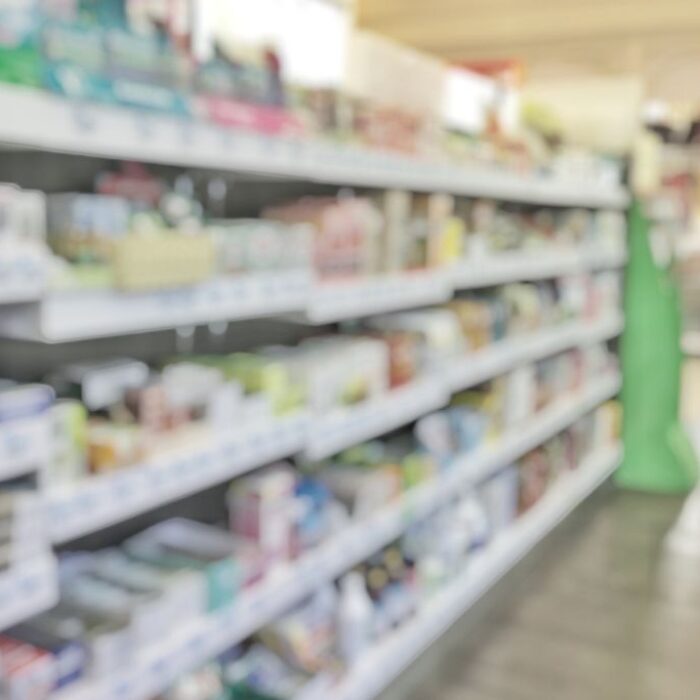An overwhelming majority of voters in Switzerland approved a measure Nov. 30, making a government-run heroin program permanent. In the same election, voters said “no” to legalizing marijuana. The European country adopted its heroin program in 1994 in an effort to cut down on crime and give addicts a safe way to get high. Prior to that, scores of addicts could be seen openly shooting up in public parks and other spaces. Heroin, an opiate synthesized from morphine, is doled out in 23 centers across Switzerland where 1,300 addicts visit twice a day to receive controlled doses of heroin.
WORLD VIEWS ON LEGALIZED HEROIN
The program has received sharp criticism from countries including the United States, where legalizing such a powerful narcotic drug is thought of as promoting drug use. Other countries see the benefit in such a program. Australian and Canadian governments are considering similar programs based on the Swiss model, and the Netherlands has had a heroin program in place since 2006. The Associated Press reports that Britain has allowed individual doctors to prescribe heroin since the 1920s but is running a trial based on the Swiss program. Other countries running trials include Belgium, Germany and Spain, according to the AP.
THE GREAT HEROIN DEBATE
Addiction happens quickly for many when it comes to heroin and other opiates including OxyContin, Vicodin, Fentanyl and morphine. As addiction rates climb around the world, governments are scrambling to figure out how to cut down on associated crime, overpopulated prisons and disease. Social implications of addiction are costly for everyone.















